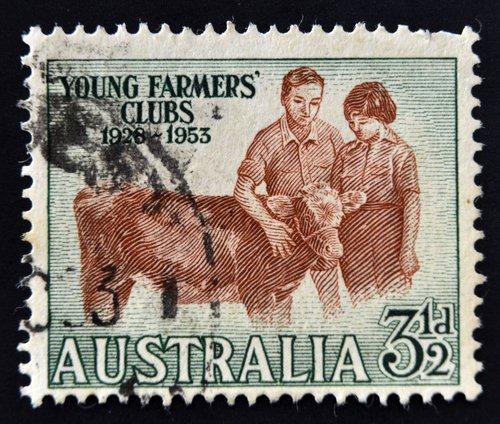SPECIAL CONDITIONS AND FARMLAND CONTRACTS
When buying or selling farmland it is important for all parties to be aware that all selling terms or conditions agreed on during the negotiation phase of contract formation need to be incorporated into the Contract.
The intention of the parties at the time of contracting must be clear, otherwise a timely settlement can be compromised.
Some examples of the types of Special Conditions incorporated into Farm Contracts are as follows:
- Property Due Diligence
With the advent of modern technology such as GPS, yield mapping and advanced soil testing systems it is becoming more common for Buyers to use these tools to determine that a property meets their own farm business requirements. Where a buyer wants to secure the purchase of a property but is not completely certain about its suitability, a due diligence provision can be helpful. In these situations it is important that the due diligence condition is clearly written and that realistic dates are set for its completion. There is no point putting into a contract that the Buyer will have seven days to carry out due diligence when everyone knows that it would take a lot longer to carry out soil testing and mapping of a prospective purchase.
- Vendor Terms Contracts
Vendor Terms contracts have become more common in recent years for various seasonal, financial and other reasons.
A fundamental part of a Vendor Terms Contract is that possession to the farm property is given to the Buyer, prior to all purchase moneys being paid to the Seller. Therefore, it is important that issues to do with Property Risk and Insurance are included in the contract to ensure that parties are fully aware that any risk is with the Buyer and that Insurance matters are taken care of.
Another issue with Vendor Terms Contracts is Security. In situations where a higher deposit is put down, the parties could consider a transfer of land on settlement or early in the life of the contract together with a mortgage back to the Seller over the property. In this situation the Buyer will hold title whereas the Seller will be secured by mortgage. In situations of smaller deposit it may be more suitable to simply stamp the contract and register a Buyer’s caveat on the land. The Seller will maintain its security in title until a higher portion of the purchase moneys are paid and the Buyer will secure its contractual interest in the Property.
It has also become common for sellers to finance buyers via loan and mortgage arrangements, simply because vendors are able to obtain far greater interest return on their capital via a mortgage as they can via a fixed term deposit.
If a Vendor agrees to sell land and provide mortgage funds to the buyer, then it is important that it is made clear that the Vendor is providing the mortgage funds at settlement and in fact will provide them to the buyer. Otherwise the Buyers could find themselves in breach.
- Lease back arrangements
From time to time Sellers will sell their property on the condition that they are able to lease the property from the buyer for a set period of time after settlement. In this situation both parties are placing considerable reliance on the other. If the Buyer does not grant the lease then the seller’s business will suffer. If the Seller does not enter into a lease then the Buyer will not have a tenant. It is critical in these situations that a special condition is included that ensures lease arrangements are in place at settlement so that each party can be sure their own business will not suffer any detriment.
WA Property Lawyers are equipped to assist you to draft farmland contracts and ensure that the intention of the parties is clearly stated in documents signed. WA Property Lawyers are also able to assist you with the property settlement process post contract with our settlement team. Should you wish to discuss your contract drafting requirements or settlement requirements with us then please do not hesitate to contact the team at WA Property Lawyers on (08) 9380 3600.

